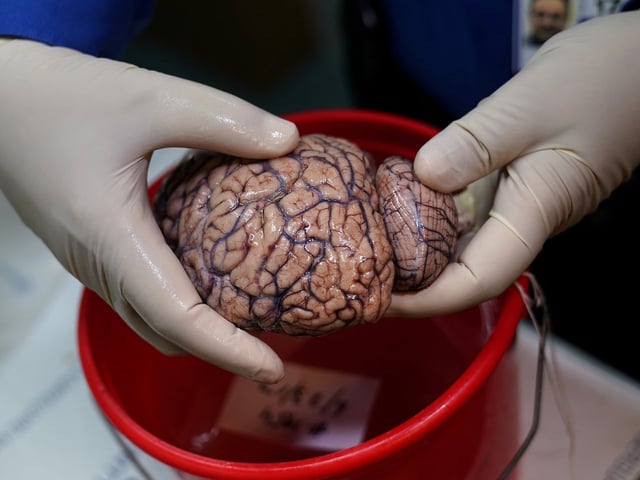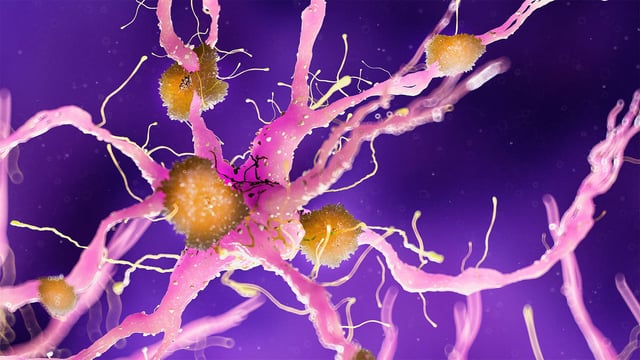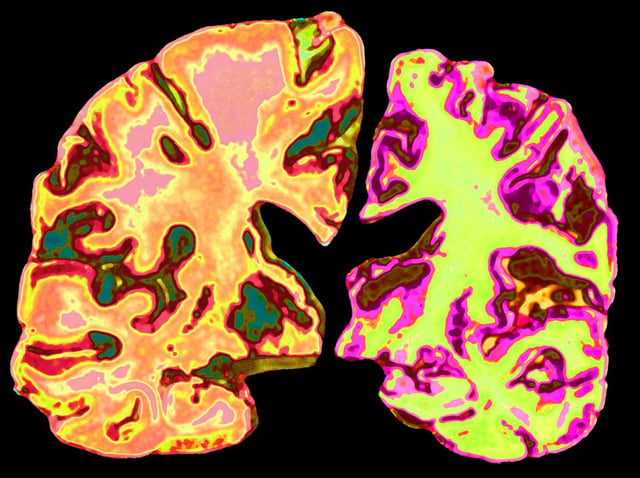Overview
- Researchers showed amyloid plaques bind and sequester lithium in the brain, proposing that this deficiency drives disease progression.
- In mouse models, restricting dietary lithium accelerated Alzheimer’s-like brain aging and memory loss while reintroducing low-dose lithium orotate restored cognition and cleared pathology.
- The study used lithium orotate at one-thousandth of psychiatric doses to mimic natural brain levels and observed no toxicity in long-term treatments.
- Experts at MIT and UCSF highlighted the novel mechanism and established safety profile as a promising foundation for clinical testing.
- Plans for human trials now face delays due to a federal freeze on grant support for Harvard researchers.



